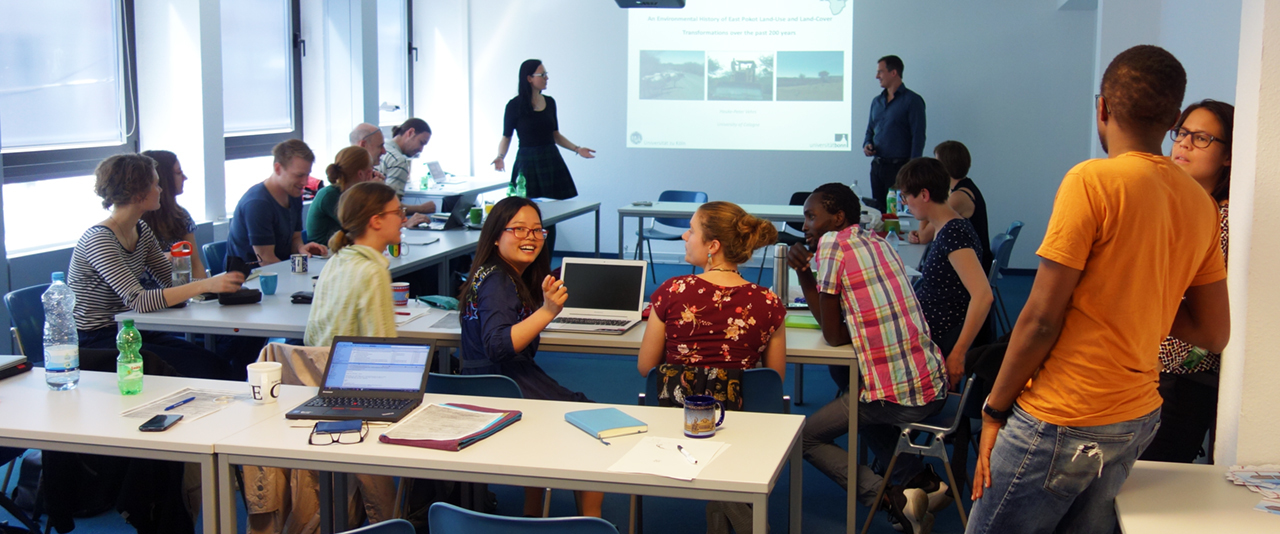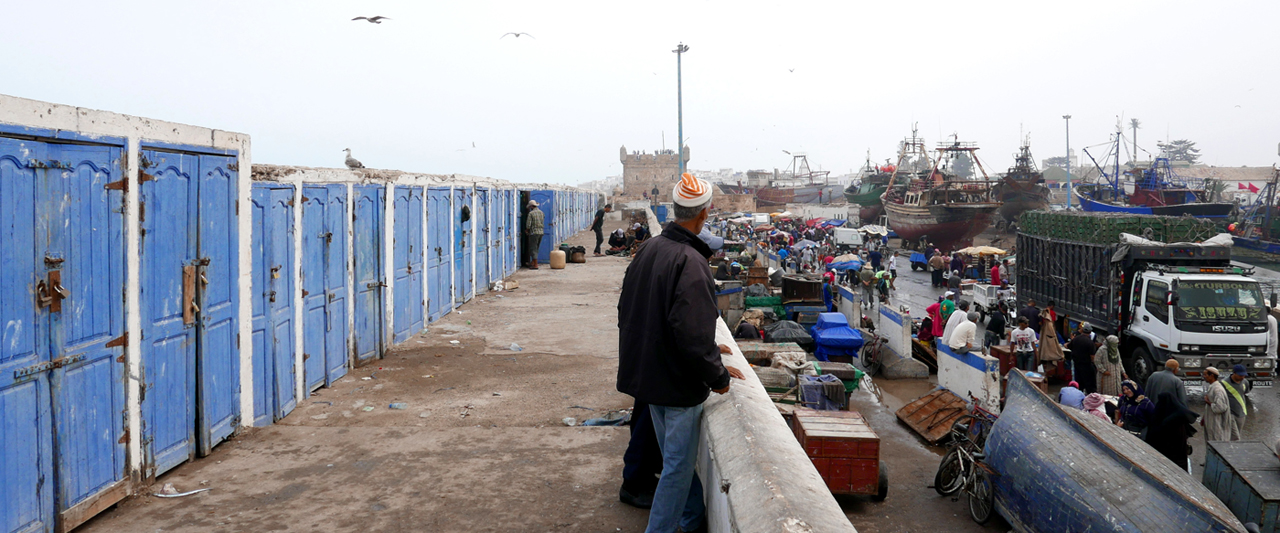M.A. Social and Cultural Anthropology
>> NEW revised Master´Programme | NEW admission requirements <<
In Winter Semester 2022/23 the Master's Programme (formerly known in German under the name "Ethnologie") is starting in English as "Social and Cultural Anthropology" with NEW admission requirements :
NEW Admission Requirements from Winter 2024/25 onwards:
- overall grade of 2.5 (or the foreign equivalent of the German grading system) in your Bachelor's degree
- English language skills at the B2 level
NO LONGER required:
- proof of German language skills (DSH-2 level) is no longer required.
Admission to the Master's programme in Social and Cultural Anthropology is open to students who have obtained a Bachelor's degree (or a comparable degree) in the subjects of Ethnology, Social or Cultural Anthropology, provided these subjects are anchored in ethnological / anthropological (methodological: ethnographic) subject traditions.
Bachelor graduates (as well as graduates with a comparable degree) from affine subjects can also be admitted after a case-by-case assessment. In these cases, at least 40 CP must be available in relevant subject studies.
More information see "How to Apply"
![]()
The NEW Master´s Programme at a Glance
At a Glance
We offer regional specialisations in:
- Africa (especially East Africa, West Africa and Southern Africa),
- Asia (especially East and Southeast Asia),
- the Mediterranean
- the Middle East and North Africa (MENA)
- Ethnography at home
You can specialise in the following cultural and thematic fields:
- Anthropology of the Contemporary
- Comparative Cultural Research: Socialities, Religions and Ethics
- Anthropology of Socio-Economic Organisation and Environmental Anthropology,
- Media Anthropology, and
- Anthropology of Globalisation and Translocal Mobilities
You receive in-depth training in ethographic field methods and anthropological writing.
The Master's programme provides the following key qualifications, among others:
- Excellent intercultural competence,
- Professional expertise on socio-political public debates,
- Profound analytical judgement and critical, networked thinking, and
- Reflexive handling of cultural and social theories, ethnographic methods and materials
.
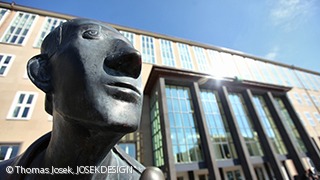
How to Apply
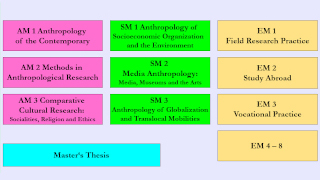
M.A. Programme Structure
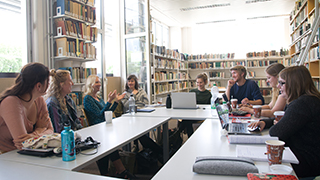
Start of Study
Research-focussed Training
The Master's programme offers students a research-focussed training that is oriented towards the current regional and theoretical research foci of the professors and research assistants to take up contemporary issues of political and social relevance.
Broad Range of Courses
'Climate change', 'Debt', 'Food and Food Security' can be seminar themes as well as 'Transnational Migration and its Impact on Social Relations' or 'Diaspora and Islam'. The wide range of courses is regularly enriched by e-learning modules (e.g. 'Comparative Cultural Studies' or 'Anthropology of Social Organisation').
In addition, our staff teach contemporary anthropological theories, research methodologies and history of science at an advanced level.
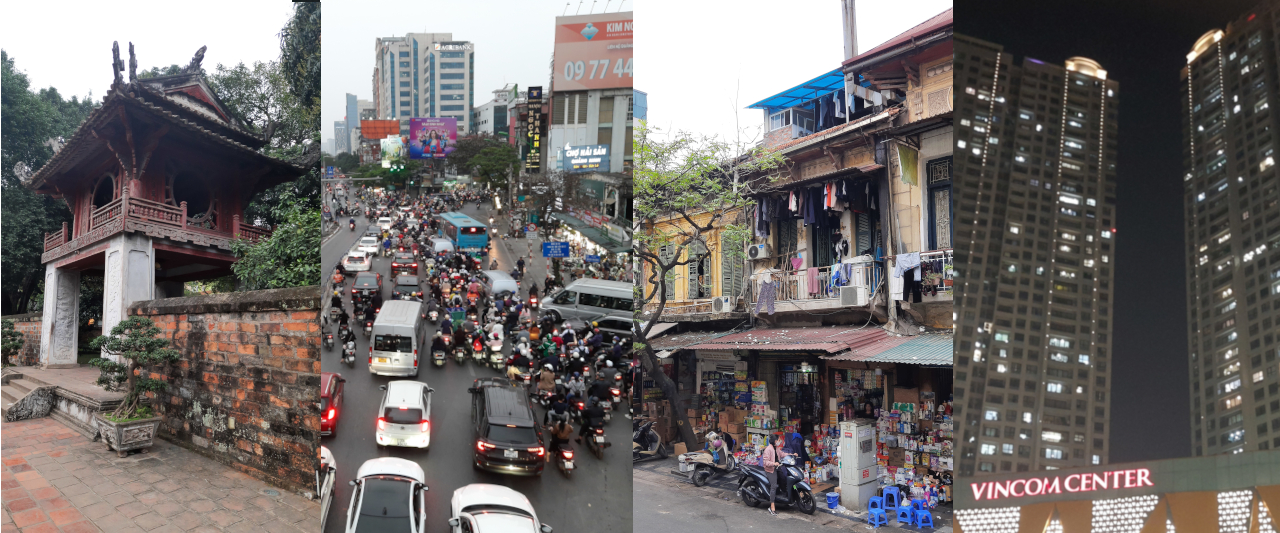
Globalization and Cities
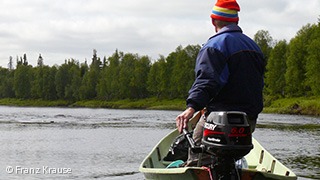
Environmental Anthropology
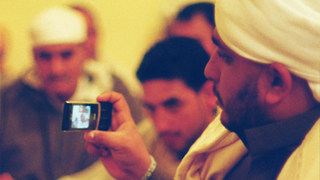
Media Anthropology
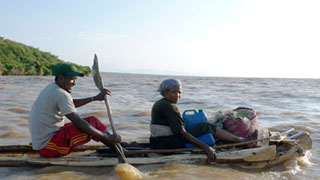
Globalization and Translocal Mobilities

Methods

Semester Programme
Broad Methodological Training
A solid and diverse training in methods occupies a central place at the Cologne Department of Social and Cultural Anthropology. It enables students to conduct their own field research, engage in vocational practice or study abroad.

Fieldwork Practice
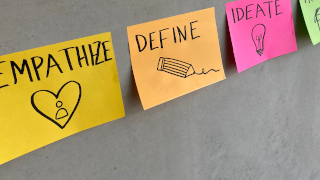
Vocational Practice

Study Abroad
Own Research Projects
In advanced module (2) , you will develop your own research questions under the supervision of a professor and draft a research design for your own projects.
Finally, in addition to advanced techniques of scientific work, students in the Master's programme acquire further key competences through internships, research stays or professionally relevant courses.
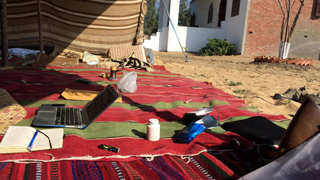
Fieldwork affiliated to ongoing research projects
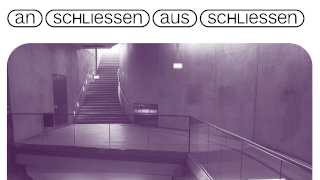
Graduate School - Research Master
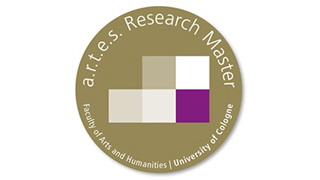
a.r.t.e.s. - Research Master
International Research Networks and Innovative Teaching Opportunities
The Department's involvement in international and national research networks and a large number of ongoing externally funded projects offer Master's students the opportunity to participate in current research projects.
Within the framework of partnerships with universities in Germany and abroad, field research internships take place regularly, which serve to practice a differentiated methodology and impart an extensive range of key qualifications.
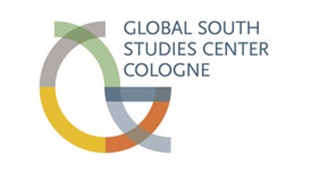
The Global South Studies Center (GSSC)
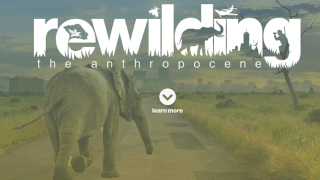
Rewilding the Anthropocene
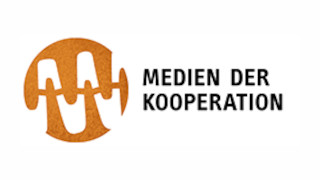
Digital Publics and Social Transformation in the Maghreb
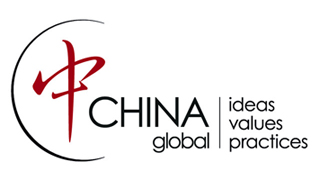
CHINA global | ideas - values - practices
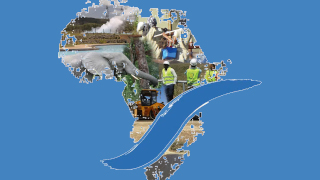
Future Rural Africa: Future-making and social-ecological transformation
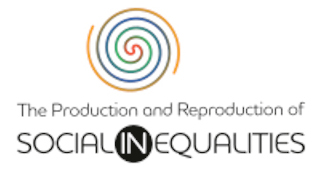
VW - Research Unit
Contact: Master's degree application
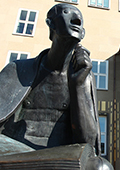
Geschäftsstelle Masterzulassung
Room 0.028, EG Philosophikum
Room 0.028, EG Philosophikum
Phone +49 221 470-4449
E-mail masterzulassung-philfak@uni-koeln.de
 Office Hours
Office Hours
Tue. 10 am – 12.00 (Ms Dr. Court)
Thu. 10 am – 1 pm (Ms Strick, M.A.)Website Master's degree application
E-mail masterzulassung-philfak@uni-koeln.de
 Office Hours
Office HoursTue. 10 am – 12.00 (Ms Dr. Court)
Thu. 10 am – 1 pm (Ms Strick, M.A.)
Contact: Subject-Specific Student Advisory
Phone +49 221 470 2278
E-mail simon.holdermann@uni-koeln.de
 Office Hours
Office Hours
Wednesdays 11-12 (during lecture period);
and by appointmentCurrently Taught Courses
E-mail simon.holdermann@uni-koeln.de
 Office Hours
Office HoursWednesdays 11-12 (during lecture period);
and by appointment
